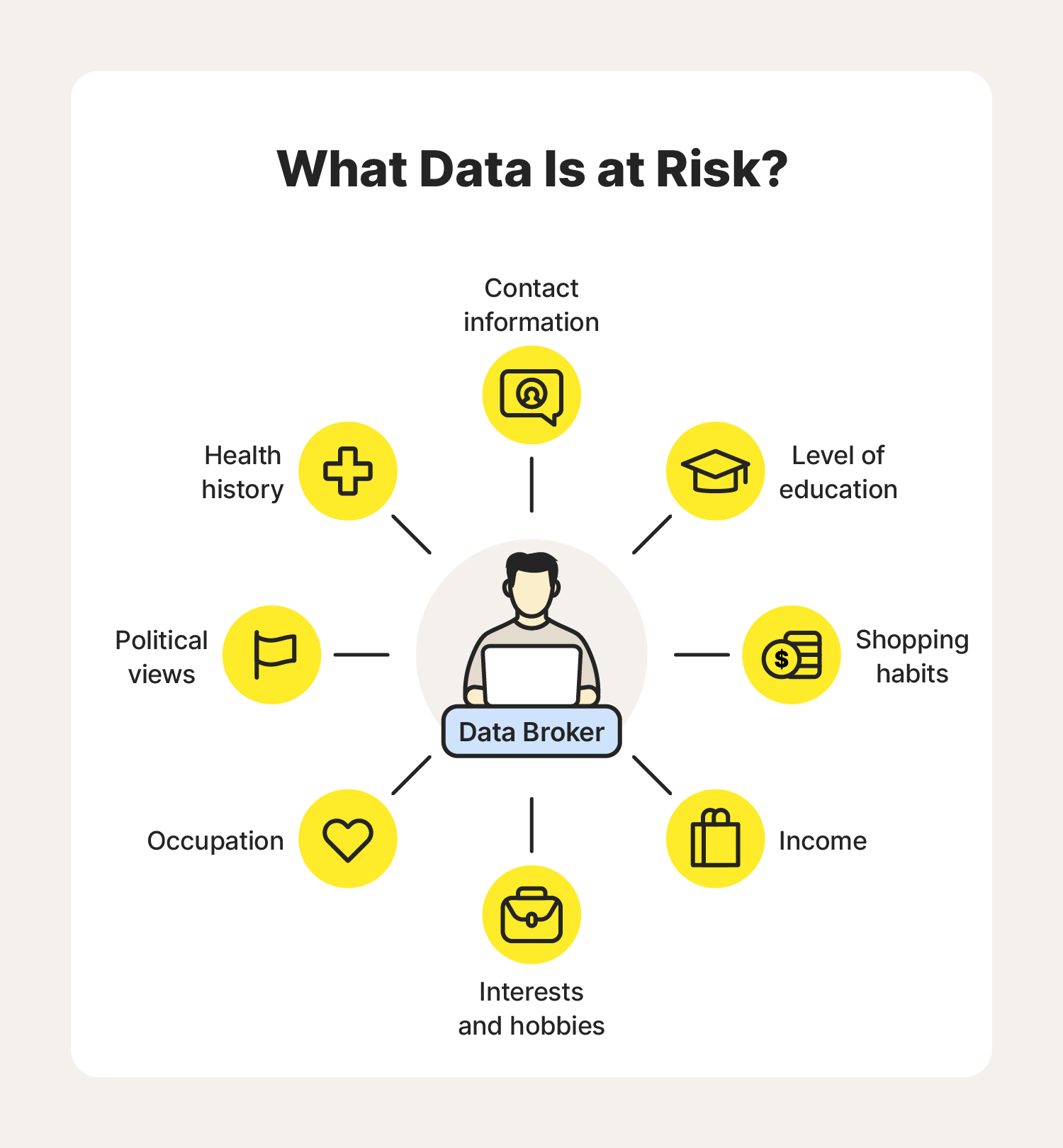
In recent years, the landscape of information collection has dramatically transformed. Individuals are becoming increasingly aware of their personal information and how it is utilized. This shift in awareness has prompted a reevaluation of existing practices within certain industries. Every action taken can have far-reaching consequences. The balance between commerce and individual rights is more critical than ever.
Corporations in this field are not merely passive entities; they are constantly adapting and innovating. With legal changes looming on the horizon, these organizations must navigate a complex web of requirements. Compliance isn’t just a checkbox; it’s a fundamental aspect of their operational framework. As societies evolve, so too do the expectations surrounding the ethical use of personal information.
Some companies choose to embrace transparency, recognizing that trust is a valuable currency. Others adopt a more defensive posture, seeking to protect their existing methodologies at all costs. This dynamic creates an environment of uncertainty, where every move is scrutinized. Opting for a proactive approach can lead to long-term benefits, while reluctance to change may result in severe repercussions.
As the conversation surrounding individual rights continues to evolve, these information collectors find themselves at a crossroads. Will they adapt to new societal standards or cling to old practices? Engaging with consumers openly could be the key to survival. In the face of mounting scrutiny, innovation remains both a challenge and an opportunity.
Understanding the Role of Data Brokers
The landscape of information exchange is complex and multifaceted. Entities that specialize in collecting, analyzing, and disseminating personal information play a crucial role in this ecosystem. They serve various industries by providing insights that help businesses target their audiences more effectively. Indeed, these organizations are often the unseen facilitators of digital marketing and personalized experiences.
Many companies rely on extensive databases to gain competitive advantages. They sift through vast amounts of information gathered from public records, social media, and opt out radaris other sources. The process is not merely about gathering data; it’s also about interpretation and application. For instance, understanding consumer behavior can lead to tailored marketing strategies that yield better results.
While privacy concerns have intensified, these entities continue to thrive. Regulatory pressures have not diminished their significance; instead, they have prompted a reevaluation of operational practices. The challenge lies in balancing data utility with ethical considerations. The industry must navigate consumer rights while still offering valuable insights to businesses.
As technology advances, the methodologies employed by these organizations evolve as well. Innovations in machine learning and analytics allow for more nuanced understanding of consumer habits. This sophistication often leads to more effective advertising campaigns, which benefits both businesses and consumers. Yet, it also raises questions about transparency and consent in the digital landscape.
In conclusion, the role of these organizations is pivotal in shaping modern commerce. They bridge the gap between consumer needs and business objectives. It is essential to examine how they operate within the framework of evolving social norms and legal guidelines. The future of this sector will likely hinge on their ability to adapt to a rapidly changing environment while maintaining accountability and ethical standards.
The Impact of Privacy Laws
The emergence of new regulations has significantly altered the landscape for information aggregation companies. These frameworks aim to enhance consumer protection and ensure that personal information is handled responsibly. The resulting shift creates both opportunities and challenges for entities that collect and utilize such information.
Many organizations are now faced with adapting their operations to comply with these evolving requirements. Here are some key adjustments they must make:
- Implementing clear consent mechanisms for individuals.
- Enhancing transparency regarding data collection processes.
- Establishing robust methods for data security and protection.
Additionally, organizations need to systematically assess their existing practices and identify areas for improvement to align with new mandates. This can require substantial investments in technology and training, but the long-term benefits often outweigh these initial costs.
The demand for accountability and ethical handling of personal information has increased. Consumers are becoming more aware of their rights and are actively seeking to understand how their information is used. Compliance with these laws is not merely a legal obligation; it represents an opportunity to foster trust and strengthen relationships with consumers.
Nevertheless, the journey toward compliance is fraught with challenges. Companies often grapple with the need to balance regulatory requirements with the desire to innovate. The complexities of different legal frameworks across regions further complicate the situation. Navigating this intricate landscape requires not only a deep understanding of legal obligations but also an ability to anticipate future changes.
In conclusion, the evolving regulatory environment is reshaping the operational strategies of companies involved in information collection. While these firms must confront various obstacles, they also have a unique chance to build a reputation for integrity and responsibility in their practices.
Consumer Awareness and Rights

In today's digital landscape, individuals must navigate a complex web of information sharing. Awareness of personal information rights is crucial for everyone. Consumers often find themselves unaware of how their data is collected and utilized. A greater understanding can empower individuals to take control. This section will delve into the rights that consumers possess and the importance of being informed.
Many people do not realize that they have a right to access their information. This enables them to see what insight is being gathered about them. Additionally, individuals can request the deletion of their data under specific circumstances. Knowing these options can lead to more informed decisions on how personal information is shared. It is essential for consumers to actively claim their rights.
Moreover, transparency is a key factor in fostering trust. Organizations are increasingly required to disclose how they handle personal information. This includes clarifying what types of data are collected and for what purposes. Such practices not only boost consumer confidence but also encourage companies to adopt ethical standards. As individuals become more informed, they can hold organizations accountable.